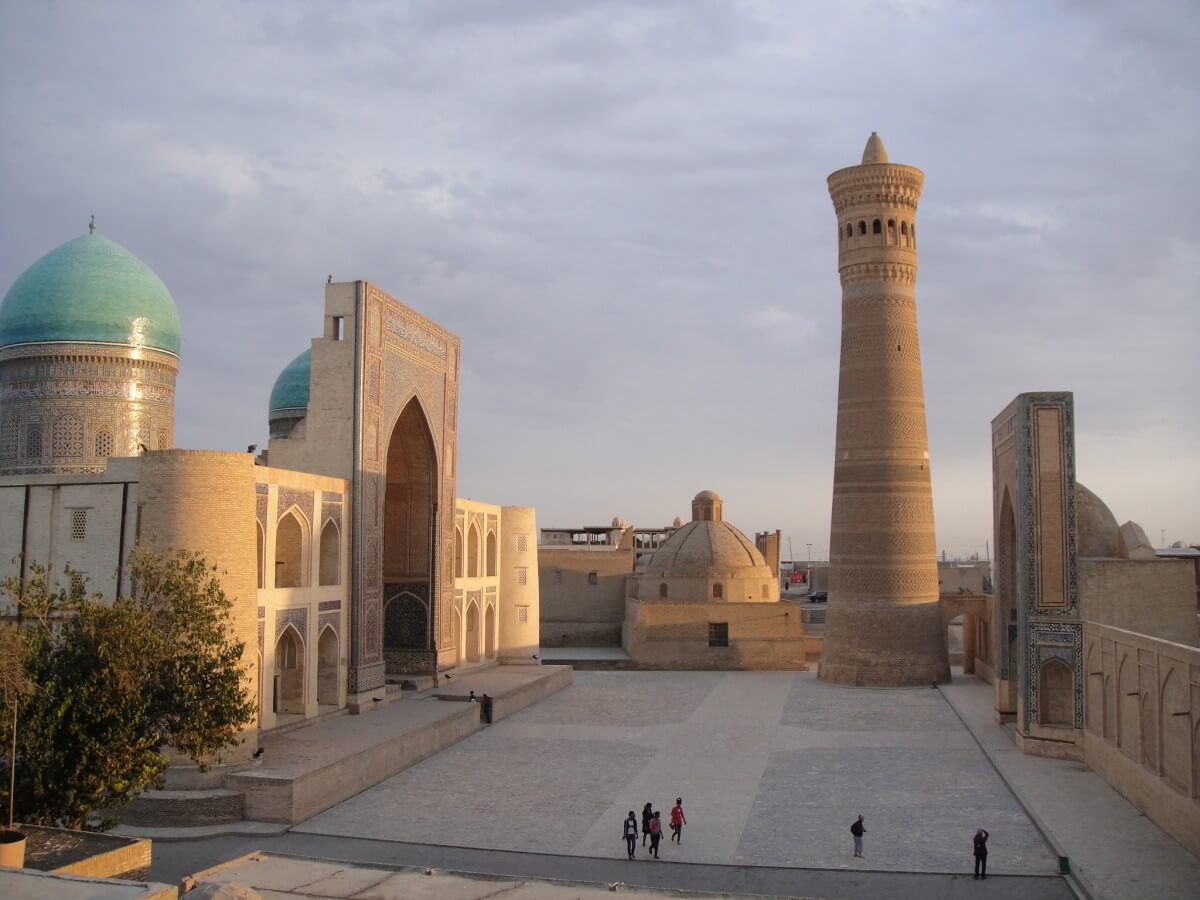Professor Waleed Ziad – The Extraordinary, Enchanted Journey of a Female Scholar Saint in the Afghan Empire
In a recent lecture at the Royal Asiatic Society, Professor Waleed Ziad, an Associate Professor in the Department of Religious Studies at the University of North Carolina at Chapel Hill, explored the life of Bibi Sahiba Kalan, a female Sufi master and scholar from 19th-century Afghanistan. The lecture, titled The Extraordinary, Enchanted Journey of a Female Scholar Saint in the Afghan Empire, offered a different perspective on women’s empowerment in the Muslim world and the largely unknown story of a woman who played a significant role in the Afghan Empire.

Professor Ziad, renowned for his research in religious revivalism and Sufism across Afghanistan, Uzbekistan, and Pakistan, introduced Bibi Sahiba Kalan, who was recognized as the “most exalted saint” during her time. She held sway over a vast network of disciples spanning regions from the Arabian Sea to Central Asia, which included scholars, poets, and nobles who sought her guidance. She was even invited to Bukhara by the khan, highlighting her universal appeal.
Noteworthy in Bibi Sahiba’s life was her pilgrimage to Mecca, a demonstration of her deep faith and leadership. Her influence extended to educational and spiritual institutions in Kandahar, Yemen, and Sindh, where she served as a builder and manager.

Her legacy endured through her sons and grandchildren, Sufi masters who defended Afghanistan in the Anglo-Afghan Wars and expanded her spiritual network to the Thar desert and Rajasthan. Fifteen female saints in these regions, appointed as her successors, demonstrated the widespread influence of her teachings.
Professor Waleed Ziad’s upcoming book, Sufi Masters of the Afghan Empire: Bibi Sahiba and her Sacred Networks, challenges established views on women’s empowerment in pre-colonial Muslim societies. His research offers insights into the hidden history of female religious leaders in regions that now comprise Pakistan, Afghanistan, and Uzbekistan during the 18th to 20th centuries. It reveals that figures like Bibi Sahiba were not isolated exceptions but part of a larger phenomenon.

Now available in full on YouTube, Professor Waleed Ziad’s lecture provided an analytical view of Bibi Sahiba Kalan’s life and influence, presenting a different perspective on women’s roles in the Muslim world. The lecture offered a measured appreciation of the historical context, allowing the audience to reevaluate their perceptions of women’s empowerment in pre-colonial Muslim societies. We hope you enjoy!

